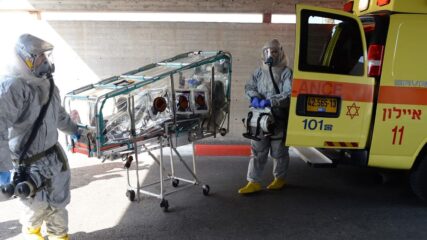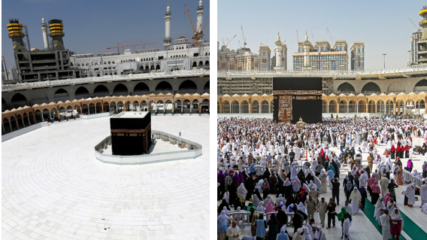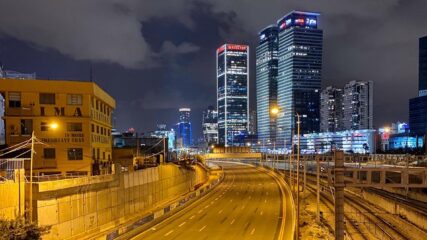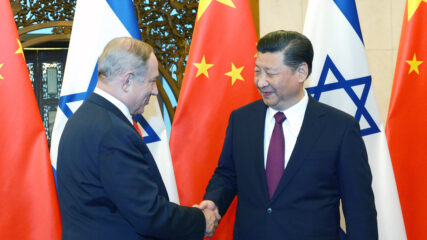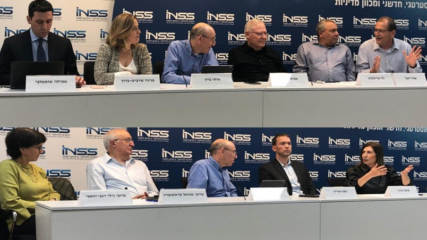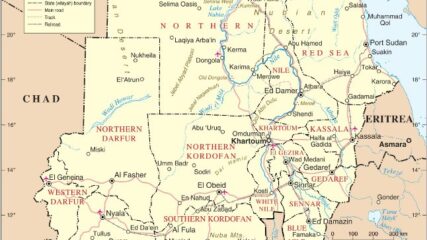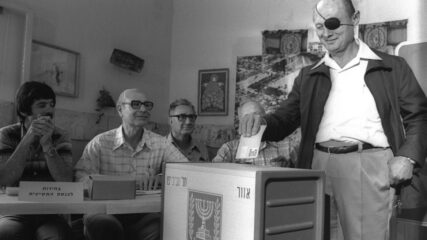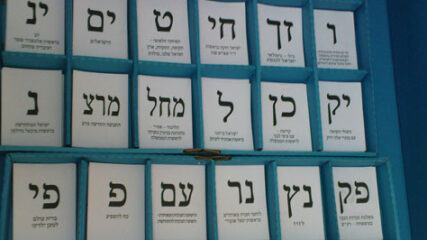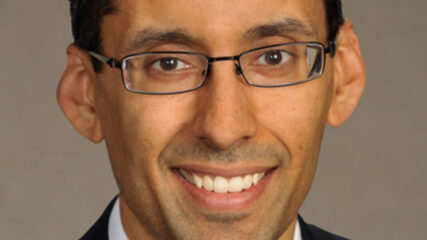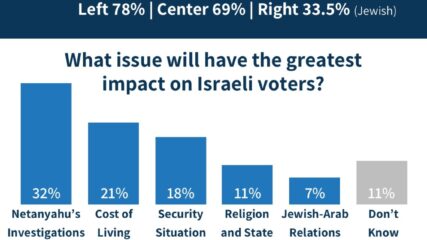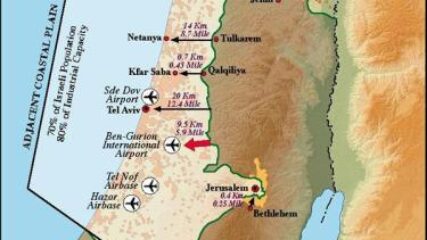Social and Economic Resilience in a Crisis Situation: Strategic ImplicationsCIE+
The ability of Israeli society to stay resilient at a time of national emergency – specifically in the face of the COVID-19 pandemic – has direct strategic and security implications, insofar as Israel demonstrates that it is capable of facing adversity. in addition, despite the huge budgetary hit engendered by Corona, it is vital to sustain Israeli investment in advanced military capabilities, and retain an untouchable budget reserve for this purpose.

